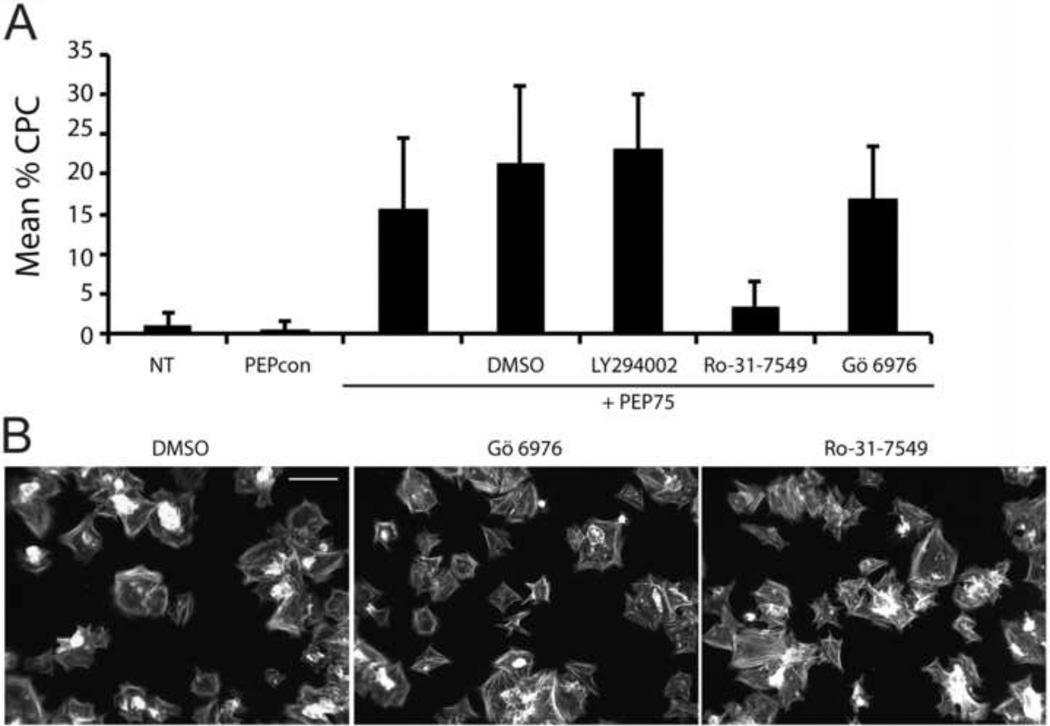Figure 9. PEP75-induced CLAN formation is dependent upon PKC, but independent of PI3-Kinase.
A) N27TM-2 HTM cells were plated onto fibronectin-coated coverslips in the absence or presence of 60 µg/mL PEP75 or 60 µg/mL PEPcon. PEP75-treated cells were also treated with 0.1% DMSO alone, 20 µM LY294002, 5 µM Ro-31-7549 or 10 µM Go 6976. After 3 hours the cells were fixed and labeled with phalloidin. The percentage of CPCs is shown as the mean ± the SD; n ranged from 1211–2624 cells for each treatment group. There was no difference between untreated control cells and cells treated with PEPcon. PEP75 alone significantly increased CLAN formation over untreated controls and PEPcon-treated cells, respectively (P < 0.01). Ro-31-7549 significantly decreased PEP75-induced CLAN formation over cells treated with PEP75 alone (P < 0.01). DMSO alone, LY294002 and Gö 6976 all failed to reduce PEP75-induced CLAN formation relative to cells treated with PEP75 alone. B) Cells were treated with PEP75 together with DMSO only, Gö 6976 or Ro-31-7549. Neither of the inhibitors had any significant effect upon cell spreading relative to the DMSO control-treated cells.

